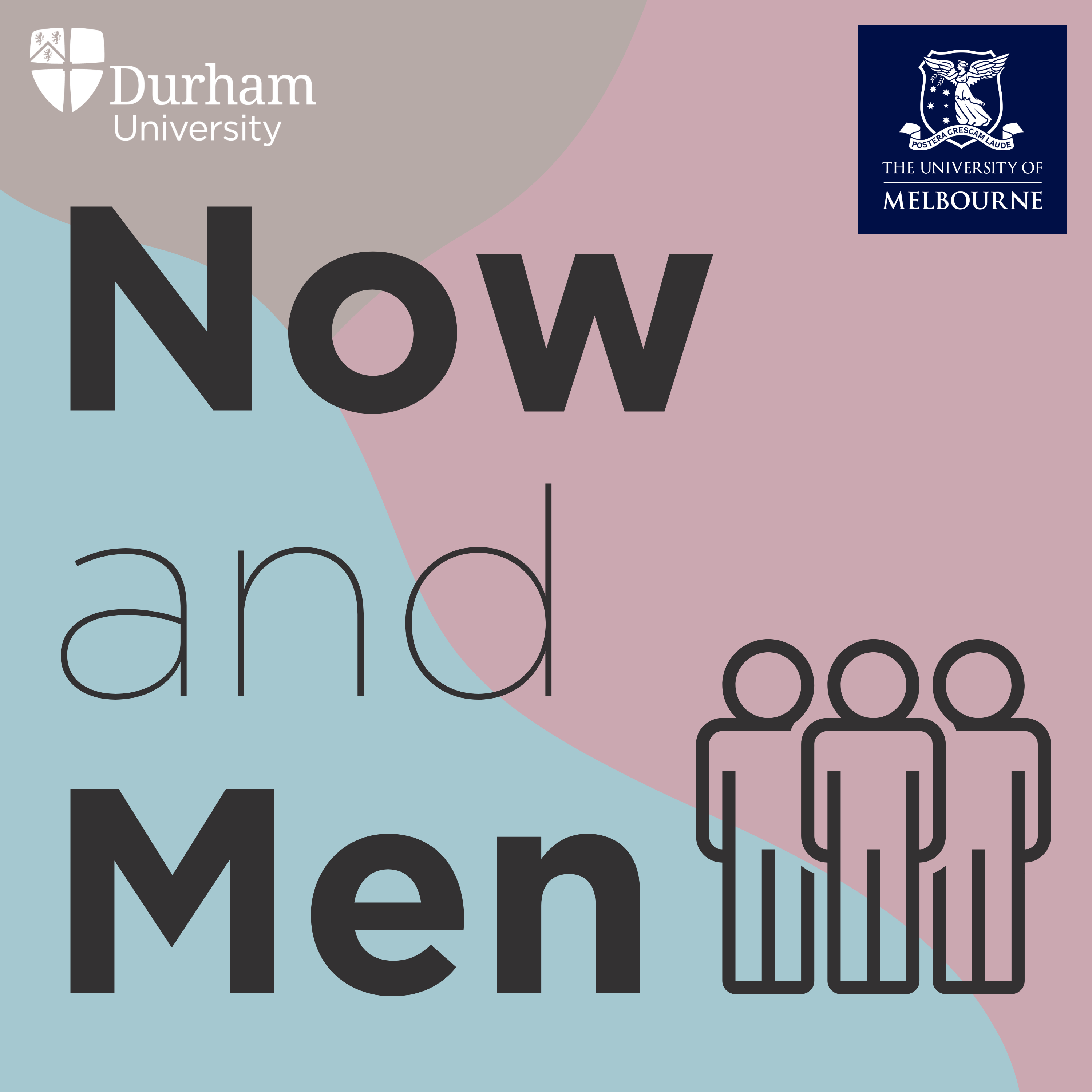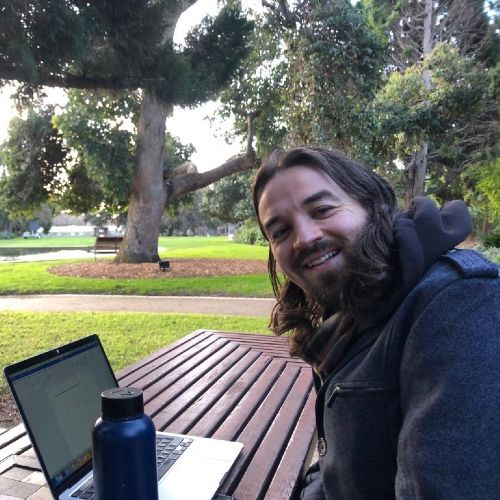Towards Progressive Masculinities? Young Working-Class Men in Transition - Prof Steven Roberts
Is masculinity ‘under attack’, and are boys increasingly ‘lost’? How valid are concerns about boys’ and young men’s achievement in education? What is the impact on them – and girls and young women – of the rise of the Manosphere and right-wing populism? In this episode, Prof Steven Roberts argues that the picture is much more complicated than is often presented, with, for instance, mixed effects on different racial and class groups. He challenges the pervasive narrative that tells young men gender equality threatens their positions and that traditional gender norms must be reasserted, arguing that this backward-looking approach feeds a sense of ‘manufactured outrage’ and ‘instructed victimhood’ among men and boys.
Instead, he stresses the need for an alternative discourse which embraces gender equality, builds on the under-recognised positive changes taking place in (working-class) masculinity, and provides a more hopeful vision. He suggests, for instance, that many young working-class men find ways to adapt to the shifting labour market, working in sectors which are not seen as traditionally masculine such as retail and care, and forging more complex masculine identities as a result.
Drawing on his research with Dr Stephanie Wescott in schools, Steven highlights the impact of sexist and misogynistic behaviour among young men influenced by the Manosphere and the complicity and responsibility of schools, and what they should do to promote gender-based violence prevention and early intervention work and develop wider school culture, norms, and leadership.
Steven also talks movingly about the sustained violence and controlling behaviour he experienced from men when growing up, the impact on his work and life, and his remarkable transition to being an academic. He draws attention to the wider implications, including, for example, how the significance and prevalence of men’s violence is often downplayed, and the importance of breaking men’s silence on this issue.
Steven is a Professor of Sociology in the School of Social Sciences at Monash University in Melbourne, Australia. He has published numerous journal articles, (co-)authored three books, and edited six more about changes and continuities in boys and men's masculinity practices, and inequalities in young people’s transitions to adulthood. Steven makes regular contributions to the media and other forms of public discussion. He writes frequently, for example, for the ABC, the Conversation and Women’s Agenda, and has appeared in a raft of media outlets in print, TV and radio nationally and internationally.
Episode timeline
- Intro
- The play Inter Alia (00:41-03:35)
- What drew Steven to working on masculinity (03:35-05:59)
- What made Steven share his experiences of men’s violence (05:59-08:43)
- Encouraging other men to share their stories (08:43-10:37)
- Sexism and misogyny in schools today (10:37-15:52)
- Where boys are learning this behaviour from (15:52-20:17)
- Manufactured outrage around young men being ‘under attack’ (20:17-23:34)
- The masculinist politics of ‘protecting the nation’ (23:34-28:06)
- The relationship between class, race, and the rise of the far-right (28:06-32:54)
- Changing the discourse around boys and young men (32:54-36:36)
- Break
- The limitations of narratives about boys’ performance at school (36:46-41:22)
- Wellbeing struggles among both girls and boys (41:22-43:51)
- The impact of domestic abuse at home on school (43:51-49:49)
- How personal transitions shape research interests (49:49-54:24)
- Working-class communities driving change and providing seeds of hope (54:24-01:00:18)
- Conclusion (01:00:58-01:09:24)
Futher reading
- Steven’s review of ‘Inter Alia’
- ‘A very personal call to action for non-violent men to denounce men’s violence’
- ‘How the discourse on boys’ alienation is fuelled by anti-feminist agendas’
- ‘Research exposes alarming impact of 'manfluencer' culture on Australian schools’
- ‘The ‘March for Australia’ and the masculine politics of protection’
- ‘‘No one knew what was happening’: New research shows how domestic violence harms young people’s schooling’
- ‘Young Working-Class Men in Transition’ (Routledge, 2018)
- Raymond Williams
- bell hooks
- Amanda Keddie and Michael Flood’s research on young men online
- 'No room for battle of the sexes: Why boys AND girls matter' (Education Policy Institute)



